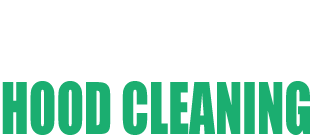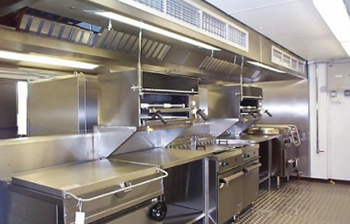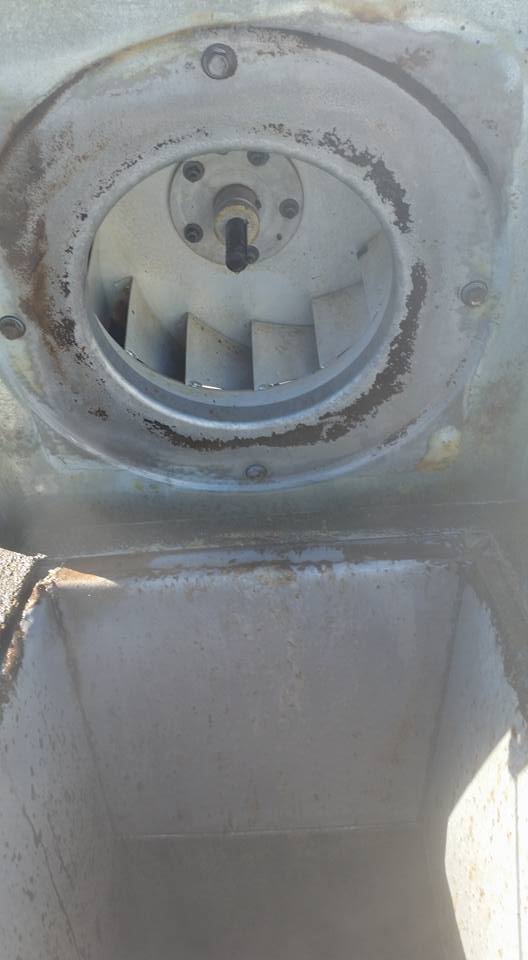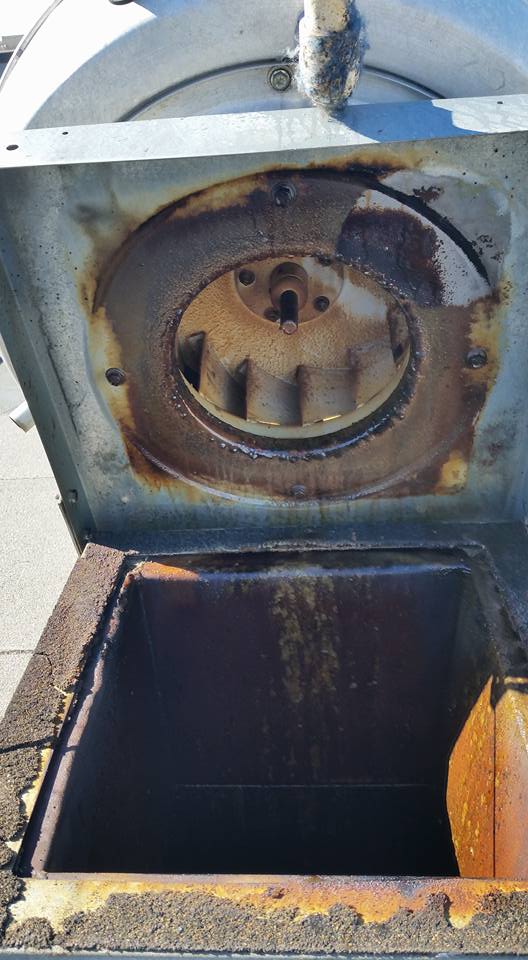Hood Cleaning Best Practices from San Jose Restaurants
Discover the latest in hood cleaning best practices at top-rated San Jose restaurants with this comprehensive guide of insights from their hood cleaners and tips to create a safe kitchen environment.
Introduction
Running a successful restaurant in San Jose means maintaining a clean and hygienic kitchen is of utmost importance, and one key aspect of kitchen cleanliness is hood cleaning – essential to proper exhaust system function and minimizing fire risks. We will discuss best practices for hood cleaning by reviewing some of San Jose’s top restaurants’ experience as we share industry experts’ recommendations as well as real-life experiences to give actionable tips to raise the standards of cleanliness in your own kitchen.
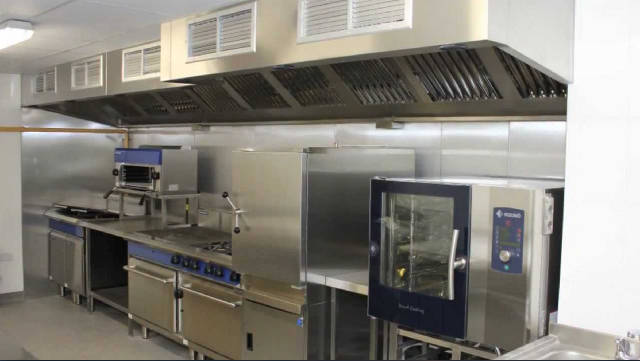
Understanding the Importance of Hood Cleaning
Hood cleaning is more than a cosmetic necessity: it is also crucial for the safety and efficiency of your establishment. A buildup of grease in exhaust systems poses fire hazards and air quality problems – both which could compromise staff and customer health risks. By regularly maintaining and cleaning hoods in your kitchen, you can provide an optimum environment.
San Jose, like any city, imposes stringent safety regulations and standards when it comes to commercial kitchen safety. Regular hood cleaning may be a legal requirement and any failure to adhere to safety regulations could result in fines or even closure of your restaurant. Adherence not only ensures legality but also demonstrates your dedication to offering safe dining experiences.
Timing is everything when it comes to hood cleaning. Engaging in this task during off-peak hours will minimize disruptions to daily operations; most restaurants schedule their hood cleaning after closing hours or at slower periods in order to minimize inconveniencing both customers and staff.
DIY Vs Professional Hood Cleaning
While restaurant owners may opt to DIY their hood cleaning efforts in order to save costs, professional cleaners possess the expertise, tools, and knowledge necessary to thoroughly inspect and clean hoods to ensure optimal performance and safety.
Select the Proper Hood Cleaning Products
Not all cleaning products are created equal when it comes to hood cleaning, which is why using eco-friendly options that do not leave harmful residues is key for effective degreasers that will remove stubborn grease and grime without harming its surface. When selecting products for hood cleaning, take great care in selecting those which offer safe yet effective degreasing.
Preparation for Effective Cleaning Techniques Prior to initiating any form of kitchen cleaning, be sure to cover all equipment and countertops to prevent accidental splatters. Switch off all electrical appliances, as well as ensure proper safety precautions are in place.
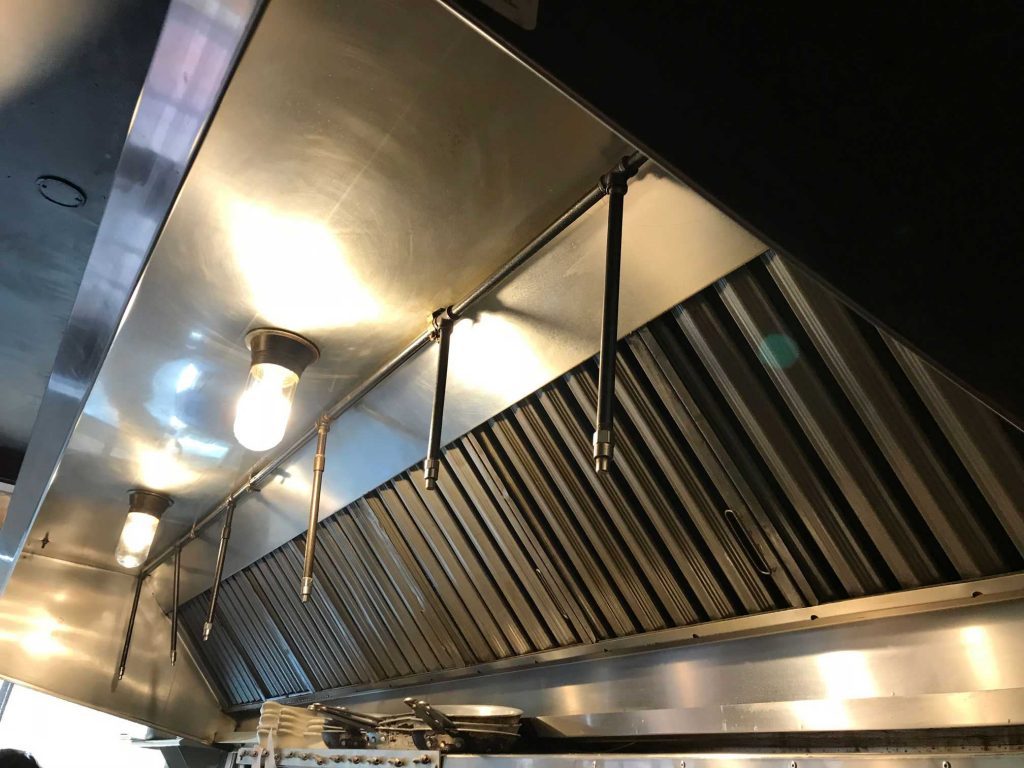
Removing Grease: For optimal performance, utilize a degreaser to remove grease buildup on both the interior and exterior surfaces of the hood, with special care given to filters and fans, which tend to accumulate large amounts of grime over time.
Filter Maintenance: Regularly clean or replace hood filters to avoid grease build-up that impedes airflow, as this prevents grease accumulation.
Cleaning Exhaust Fans: Exhaust fans play an essential role in maintaining proper airflow; regularly lubricate fan blades to avoid mechanical issues and ensure proper functioning.
Cleaning Ductwork: Grease accumulation in ductwork poses a serious fire hazard, so professional cleaners use special tools to access all parts of the system and extract any accumulated grease deposits from within them.
Final Steps: Once all surfaces have been thoroughly cleansed, wipe down all surfaces with damp rags and remove protective coverings to ensure everything is dry and safe before restarting kitchen operations.
Hood Cleaning’s Role in Fire Prevention
Many restaurant fires are caused by grease accumulation in their kitchen’s exhaust systems, but regular and proper hood cleaning can significantly decrease this risk, safeguarding both employees and customers of your establishment from grease fires.
Engaging in Maintenance Contracts
Hiring a professional hood cleaning company on an ongoing maintenance basis ensures regular and timely cleaning of your exhaust systems – providing peace of mind as you stay ahead of kitchen sanitation.
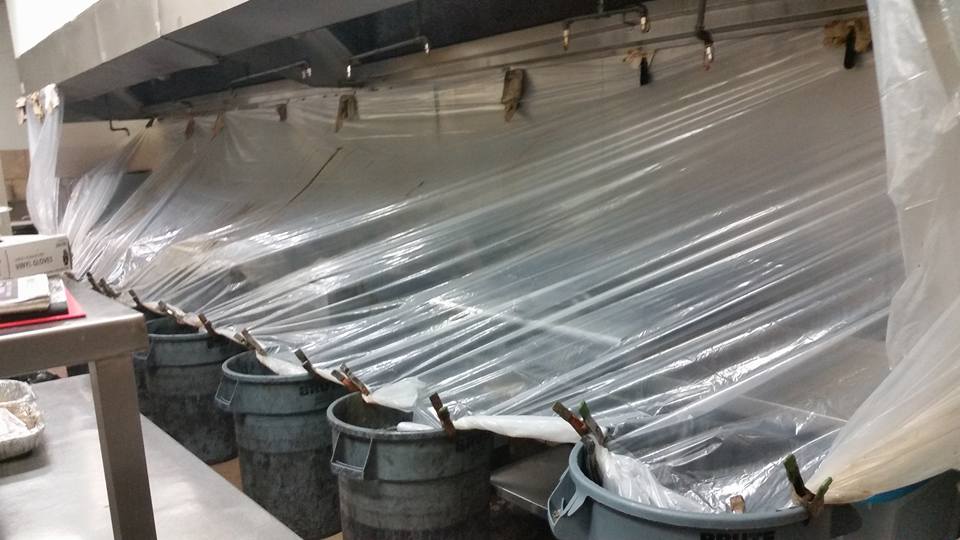
Frequently Asked Questions (FAQs)
Do small restaurants need professional hood cleaning?
Yes, regular hood cleaning is essential to creating and maintaining a safe kitchen environment for restaurants of any size. When should I schedule my hood cleaning?
Hood cleaning frequency will depend on your restaurant’s cooking volume; it’s generally advised to do it every three months at minimum. Can household cleaners be used for this task?
No, household cleaners are unsuitable for cleaning my hood as they may not remove grease effectively and could prove hazardous when combined with heat. What are the signs that my hood needs cleaning?
Whenever there’s excessive smoke or unpleasant odors in your kitchen, it may be time for professional hood cleaning services to come and give a thorough hood cleaning service. While DIY options exist for this service, professionals provide more effective and safer cleaning procedures.
Are there any eco-friendly hood cleaning products available?
Yes, many cleaning companies provide options that are both safe for the environment and effective at eliminating grease.
Conclusion
Hood cleaning is an integral component of running a successful restaurant in San Jose. By following best practices and insights from top-rated establishments, you can ensure a compliant, hygienic kitchen environment. Make sure you prioritize safety, invest in professional cleaning services, and adhere to local regulations so as to offer your guests an unforgettable dining experience.
